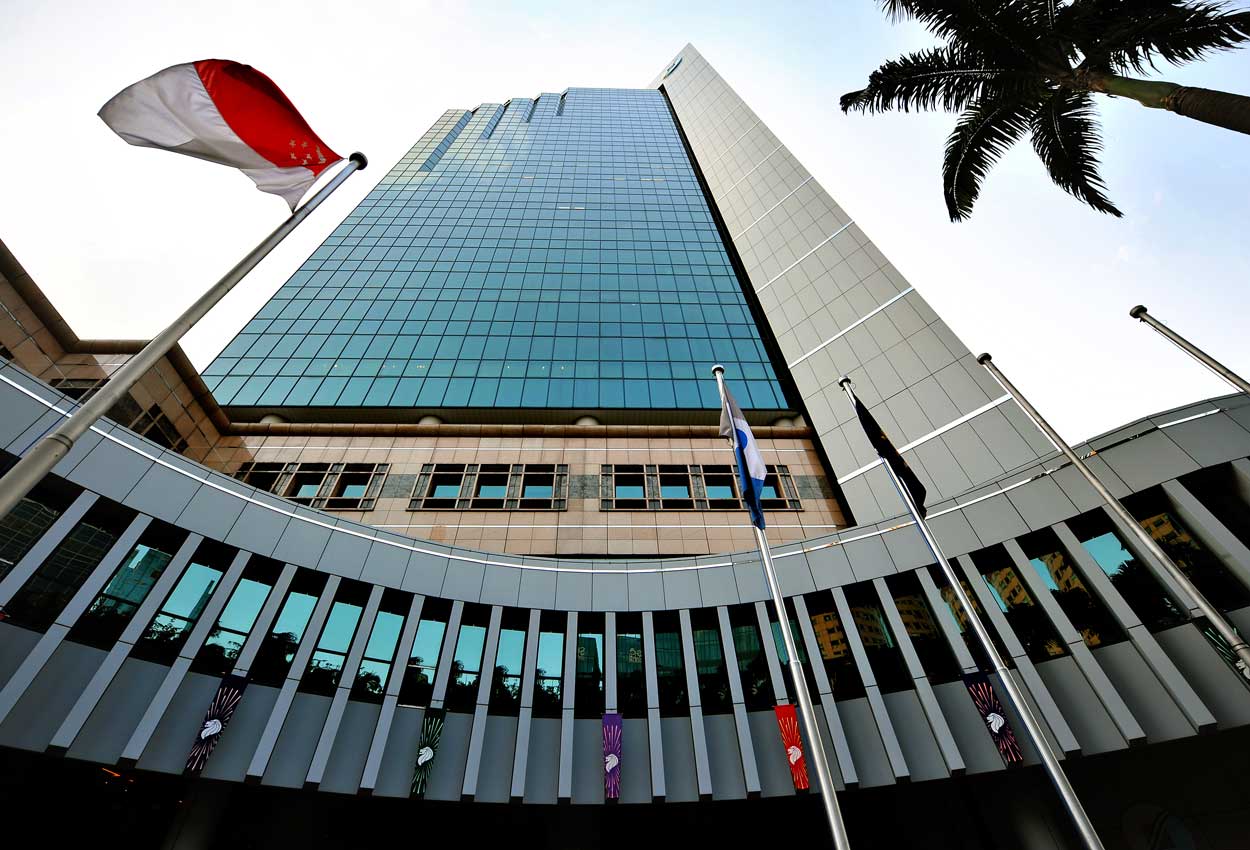Forty-three people are being investigated for being involved in a suspected goods and services tax (GST) fraud following a two-day operation by the Inland Revenue Authority of Singapore (Iras).
The raids took place on Monday and Tuesday at several locations, including Tannery Lane, High Street and Kallang Pudding Road, said Iras in a statement yesterday.
The seized goods included iPhones and MacBook Air notebooks, as well as SIM cards and business records.
edXAds by Rubicon Project The alleged conspiracy involved making fraudulent claims for reimbursement of tax paid on exported goods. No details were available on the amount of money or number of bogus companies involved.
In a carousel or merry-go-round fraud, the same goods are traded around a fake supply chain within and in some instances outside Singapore. These supply chains are usually controlled by one mastermind, often the first link in the chain.
For example, Company A would import goods and sell them to Company B, charging it GST. The director of Company A would then disappear – becoming incommunicado – without transferring the GST he owes to Iras.
The goods, now “owned” by Company B, are then sold to bogus businesses which are merely buffers in the supply chain to claim a so-called input tax paid on the goods – effectively seeking a refund of the GST amount Iras never received from Company A.
Input tax is the amount that GST-registered businesses can claim from the GST they pay on their purchases.
The input tax can be offset against the GST collected from sales – output tax – and the net difference paid to Iras. If a business incurs more GST on purchases than it collects from sales, it can claim the difference in the form of a GST refund from Iras.
Iras said that in some fraud cases, no goods were actually exported and the business transactions were merely on paper, with the sole aim of claiming fraudulent GST refunds.
It added that stern enforcement actions will be taken against such traders and any intermediaries helping them.
Anyone who commits the offence of wilful intent to evade or assist any other person to evade GST faces a penalty of up to three times the amount of tax undercharged and a fine not exceeding $10,000, and/or jail of up to seven years.
Iras encouraged businesses or individuals to immediately disclose any past mistakes, saying that it “will treat such disclosures as mitigating factors when considering action to be taken”.
A cash reward based on 15 per cent of the tax recovered, capped at $100,000, would be given to informants if the information or documents provided a lead to a recovery of tax that would have been lost, it added.

This article was first published on August 19, 2016.
Get a copy of The Straits Times or go to straitstimes.com for more stories.






